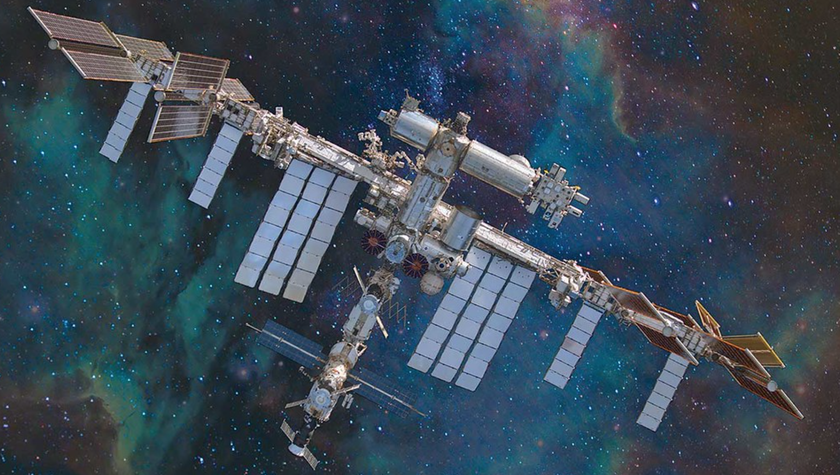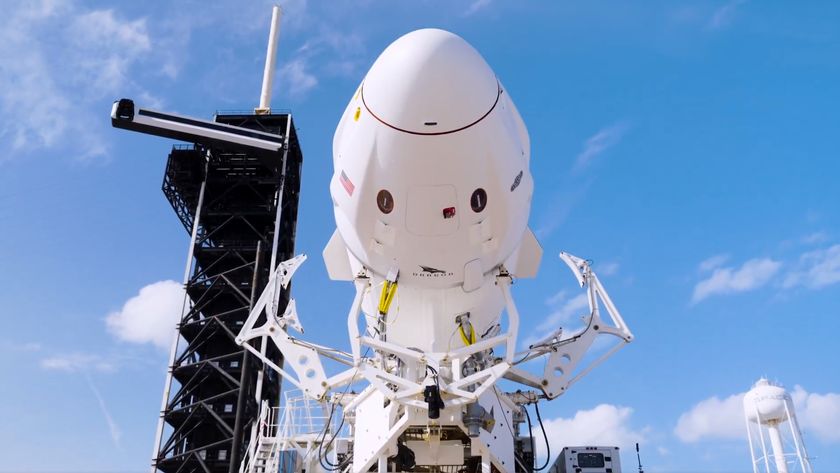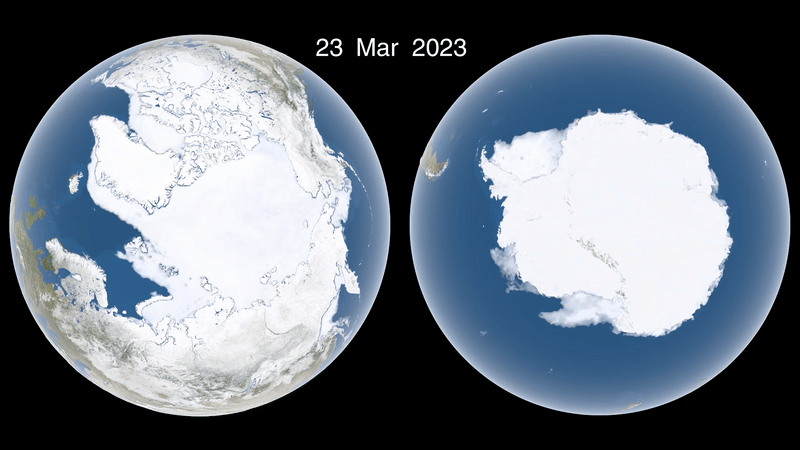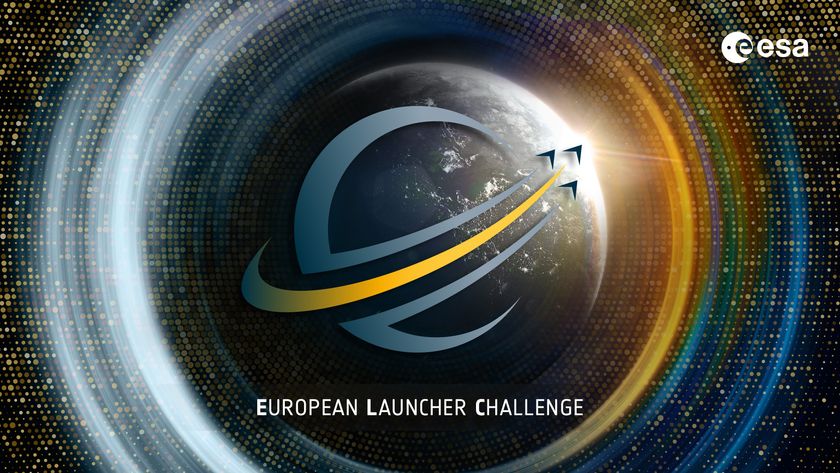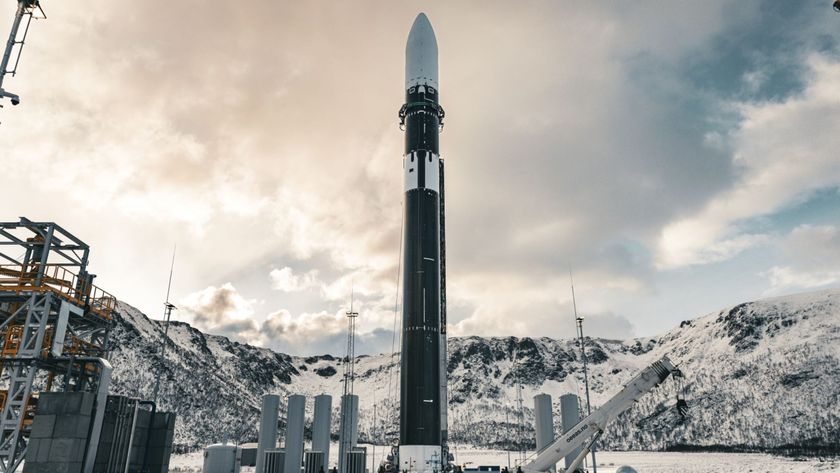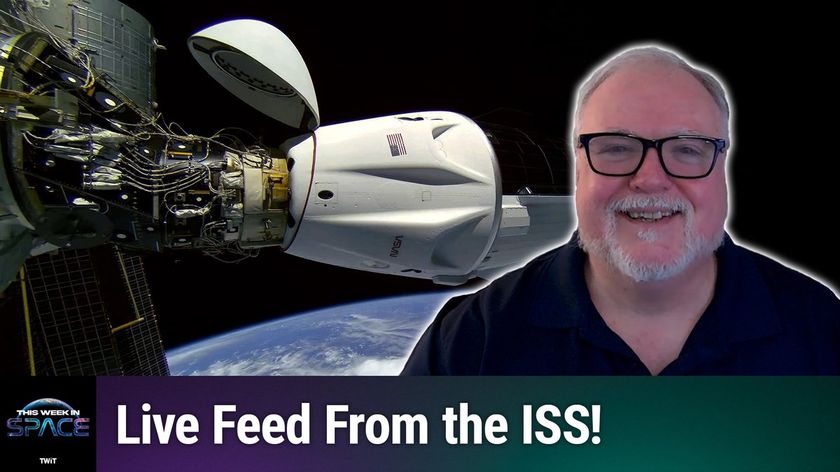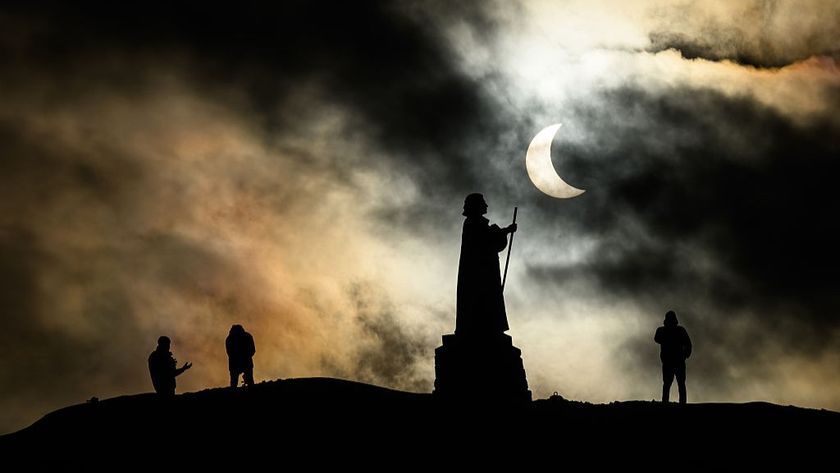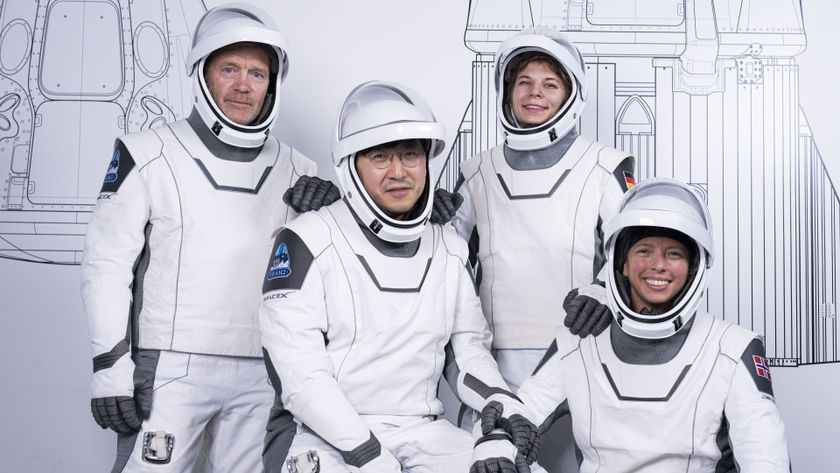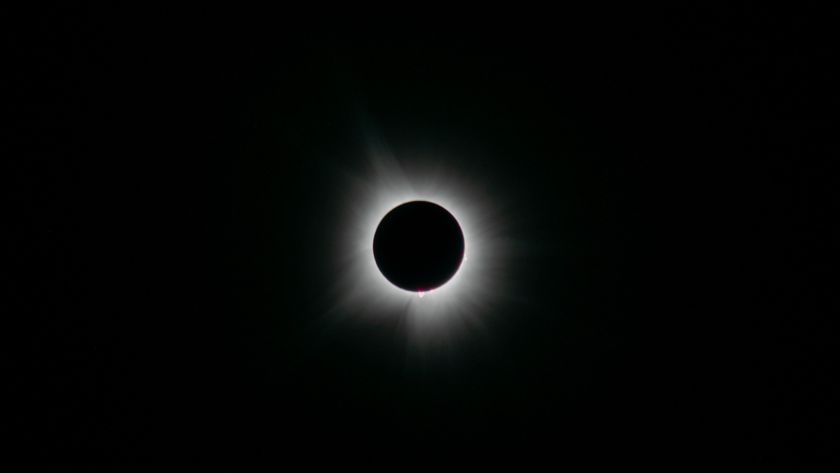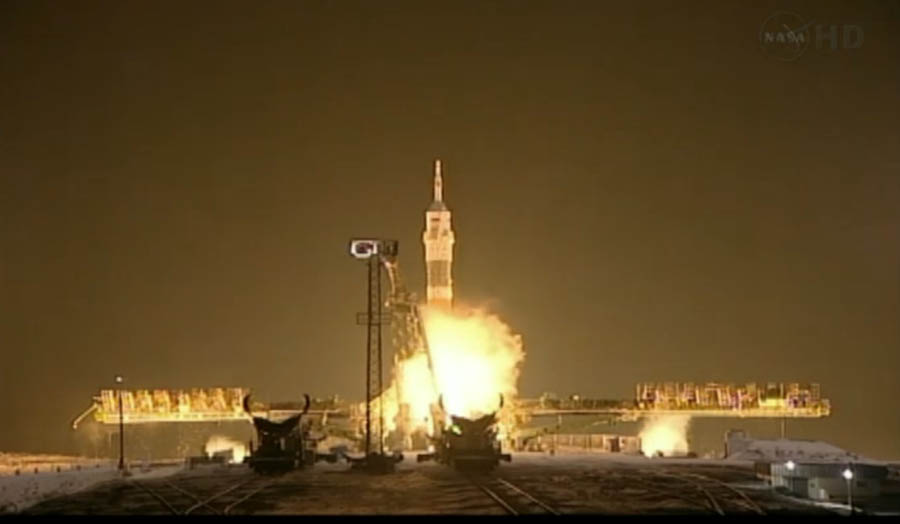
Despite the setbacks that have plagued Russia's space program recently, the next crew of astronauts headed for the International Space Station remains confident in its Russian rocket ride.
The spaceflyers — two Russian cosmonauts and a NASA astronaut — are slated to launch toward the orbiting lab aboard a Russian Soyuz spacecraft on March 29.
They say they don't anticipate any problems, even though Russia has suffered five high-profile space failures over the past year, including the loss of the Mars probe Phobos-Grunt, which crashed to Earth on Sunday (Jan. 15).
"I feel very confident, and we're ready for a good ride," NASA astronaut Joe Acaba, a flight engineer on the upcoming Expedition 31 to the space station, told reporters last week.
A string of setbacks
2011 was a bad year for the Russian space program. [Biggest Space Flops of 2011]
On Feb. 1, a Rockot launch vehicle failed to place an Earth-observing satellite in the proper orbit. A similar problem occurred on Aug. 18, when a Proton rocket delivered a $300 million communications satellite to the wrong orbit.
Get the Space.com Newsletter
Breaking space news, the latest updates on rocket launches, skywatching events and more!
Less than a week later, on Aug. 24, the unmanned Progress 44 supply ship crashed while making a cargo run to the space station. Officials identified the cause as a problem in the third-stage engine of the vessel's Soyuz rocket.
Russia uses a similar version of the Soyuz to launch astronauts to the space station (who ride aboard a spaceship also called Soyuz), so manned flights were put on hold for a stretch this fall until the problem with the rocket was pinpointed and fixed.
Then, on Nov. 8, the $165 million Phobos-Grunt spacecraft got marooned in Earth orbit shortly after launch when its main engines failed to fire as planned to send the probe toward the Red Planet.
Phobos-Grunt was supposed to collect soil samples from the Mars moon Phobos and return them to Earth. But it wasn't to be, and the 14.5-ton probe fell to Earth Sunday, perhaps over the southern Pacific Ocean off the coast of Chile, according to Russian military officials.
Finally, on Dec. 23, an unmanned Soyuz-2 rocket crashed just after liftoff, destroying a military communications satellite.
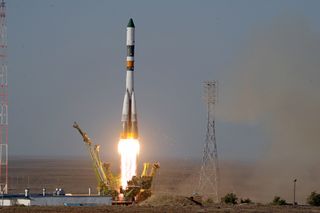
Astronauts' confidence still high
Acaba and his crewmates said they still have a lot of faith in the Soyuz spacecraft and rocket, which both have a long history of solid performance. They pointed out that two crew-carrying Soyuz have launched successfully to the station in the last two months, showing that operations are back to normal.
"Currently, all problems are resolved, and we are sure no problem is expected," said cosmonaut Gennady Padalka, Expedition 31's commander. "This is the most dependable spacecraft for the last 40 years."
Acaba agreed, citing the lessons learned, and changes made, in the aftermath of the Progress 44 crash.
"There was a very thorough investigation that went on, and I know NASA was involved in looking at the results," he said. "Everybody is very comfortable with it."
With the retirement of the space shuttle program last year, NASA is now completely dependent on the Soyuz rocket-spaceship combo to ferry its astronauts to and from the orbiting lab. But NASA is encouraging American private spaceflight firms to take over this taxi role, and it hopes at least some companies will be operational by 2017 or so.
You can follow SPACE.com senior writer Mike Wall on Twitter: @michaeldwall. Follow SPACE.com for the latest in space science and exploration news on Twitter @Spacedotcom and on Facebook.
Join our Space Forums to keep talking space on the latest missions, night sky and more! And if you have a news tip, correction or comment, let us know at: community@space.com.

Michael Wall is a Senior Space Writer with Space.com and joined the team in 2010. He primarily covers exoplanets, spaceflight and military space, but has been known to dabble in the space art beat. His book about the search for alien life, "Out There," was published on Nov. 13, 2018. Before becoming a science writer, Michael worked as a herpetologist and wildlife biologist. He has a Ph.D. in evolutionary biology from the University of Sydney, Australia, a bachelor's degree from the University of Arizona, and a graduate certificate in science writing from the University of California, Santa Cruz. To find out what his latest project is, you can follow Michael on Twitter.
